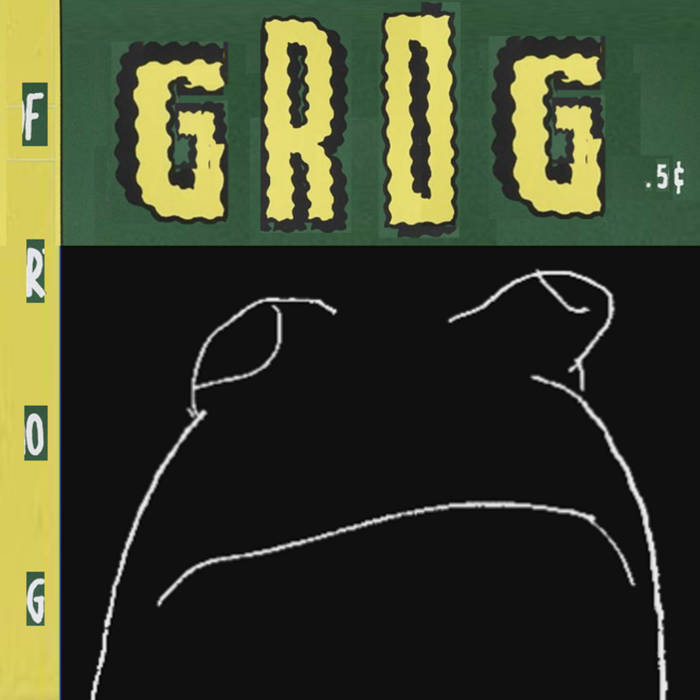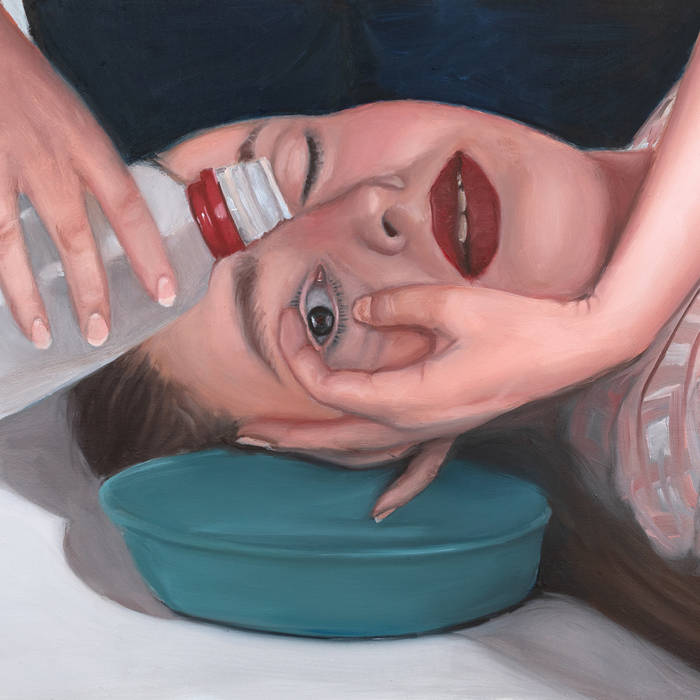Jimmy Montague – All The Same | Single Review
/SELF-RELEASED
“All The Same” by Jimmy Montague feels like a breath of fresh air. His discography is full of soft-rock jams that meld contemplative and deliberate arrangements with the free-wheeling spirit of rock ‘n’ roll from days gone by, but the new single opens on a decidedly more vintage (and somehow even sweatier) vibe– a rollicking and expressive crescendo of jazz piano. If nothing else, it demonstrates the compositional and instrumental talents of the man himself. But that isn’t all it does. Its drawn-out and embellished chords also foreshadow the jaunty, Broadway-esque main riff of the piano-driven rocker, which is eventually propelled into motion by chunky drums played metronomically to a driving rock ‘n’ roll beat. Montague’s vocal delivery, which is simultaneously hushed and urgent, has never shined brighter than it has on this song. He sounds both impassioned and detached at once as he croons for a love he waits for by the phone. The verse elides into a wonderful backslide of a chorus before the inimitable Chris Farren takes the wheel with an almost effortless guitar solo and a falsetto disco verse. Truly a meeting of the minds guys.
The groove comes first to both him and Montague on this track– the verses slip by, the second chorus is unsung, and those driving drums play the song out. “All The Same” is an evolution from Montague’s last LP, honing his instinct for slick pop-rock without sacrificing musical complexity, vintage pastiche, pure rock and roll, or complete sincerity. It’s a perfect slice of ‘70s nostalgia to pair with a big-bodied automobile, a beautiful lover, some worn-in bell-bottom jeans, and whatever remaining marijuana you can pull together. You can stream the song now on your platform of choice, at the strong recommendation of this writer. Jimmy Montague’s new LP, Tomorrow’s Coffee, drops early 2024.
Mikey Montoni is a nonfiction writing student at the University of Pittsburgh, originally hailing from New York. When she's not writing, she's bruising herself attempting skateboard tricks, playing with her punk rock band, digging through bookstores for '70s pulp sci-fi paperbacks, and wandering Pittsburgh in search of good coffee.










